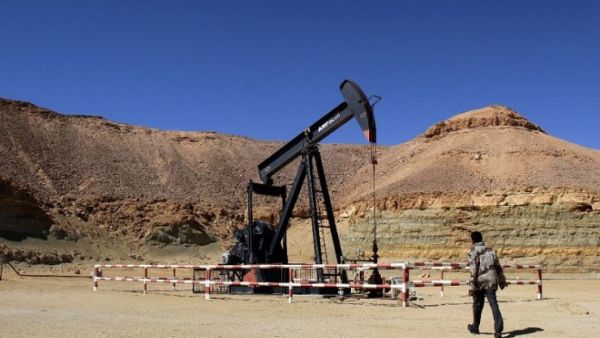Libya has the technical potential to produce as much as 1.2 million barrels of oil per day, though commercial and security issues interfere, an oil leader said.
Libyan Oil Production At Five-Year Low
Mustafa Sanalla, the chairman of the Libyan National Oil Corp. said the current crude oil production rate of 800,000 barrels per day is the best output since 2014. Libya is exempt from an agreement coordinated by the Organization of Petroleum Exporting Countries to balance the market through managed production declines and the chairman said national security issues and contractual disputes with European partners were impeding further growth.
"There are no technical reasons for the loss of production," he said in a statement.
Libya is able to produce 1.1 million to 1.2 million barrels per day for the rest of the year, but for this to happen, oil must flow freely.
Ole Hansen, the head of commodity strategy at Saxo Bank, said this week that Libyan gains could undermine OPEC's efforts because of the country's slow, but steady, gains so far this year. OPEC data, using secondary industry sources, show Libyan crude oil production for the first three months of the year averaged 660,000 barrels per day, against a fourth quarter average of 574,000 barrels per day.
Oil Prices Up After Libya’s Biggest Field Shuts Down
After restarting the Sharara oil field in late April, the NOC said there may be long-standing agreements in place to keep the taps open. The Sharara oil field has operated in fits and starts as Libya tries to push the momentum on the national security front toward the side of peace. It was closed once in April already after restarting just weeks before that.
The NOC director said that, apart from national security issues, a contractual dispute with German energy company Wintershall was holding some of the nation's oil back.
Where Did Libya's Oil Money Go?
"We would be producing almost 1 million barrels per day if it were not for Wintershall's refusal to implement terms it agreed to in 2010," he said.
Wintershall has legacy operations in Libya and was one of the first to resume operations in the wake of the downfall of Moammar Gadhafi. The company had no comment on the NOC's concerns.
By Daniel J. Graeber








